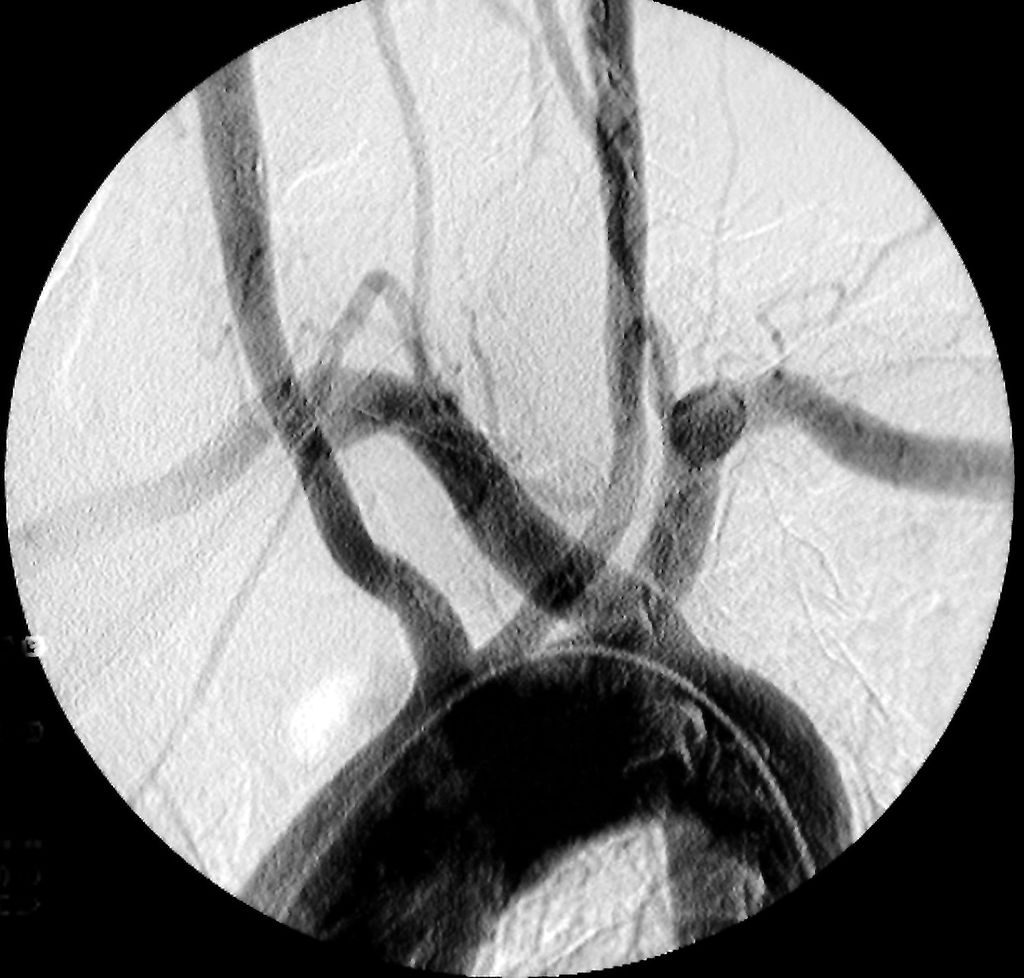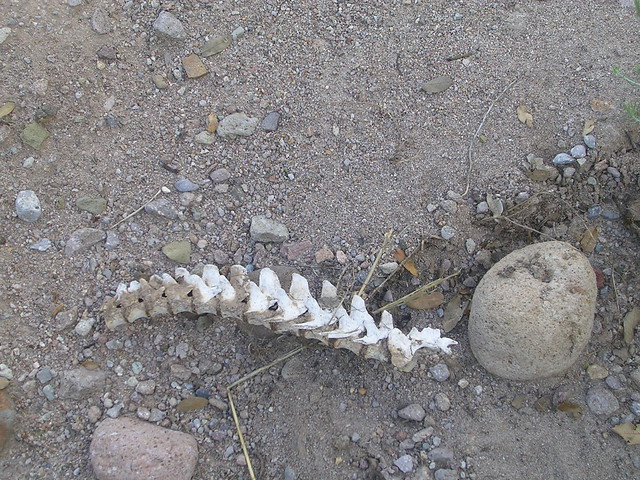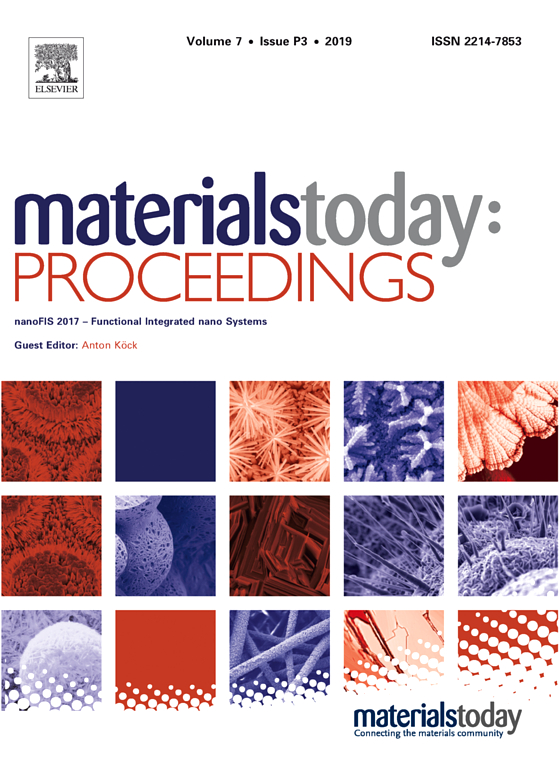
Researchers in India have retracted their 2013 case report of a “novel” way to treat a swallowing disorder because, well, the way wasn’t novel at all.
The article, “A novel approach for the treatment of dysphagia lusoria,” was published in the European Journal of Cardio-Thoracic Surgery by a group from the Sri Jayadeva Institute of Cardiovascular Sciences and Research in Bangalore.
Per the abstract:
Continue reading “Great dismay:” When a lack of originality is tough to swallow




 The U.S. Federal Trade Commission has won a judgment against a publisher and conference organizer that has been
The U.S. Federal Trade Commission has won a judgment against a publisher and conference organizer that has been 

 Researchers in China have retracted a 2016 paper in Oncology Letters on the anti-cancer properties of aspirin because, well, it was a disaster from top to bottom.
Researchers in China have retracted a 2016 paper in Oncology Letters on the anti-cancer properties of aspirin because, well, it was a disaster from top to bottom.